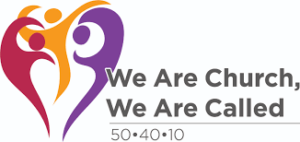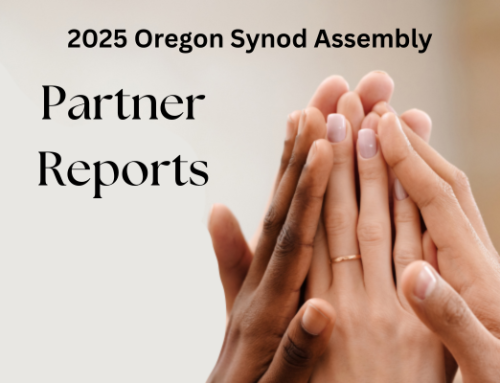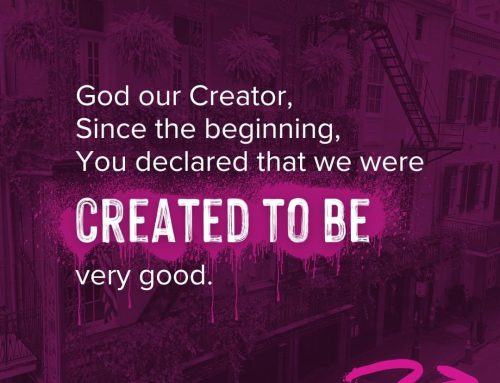2020 marks the 50th anniversary of the ordination of women in the ELCA, the 40th anniversary of women of color, and the 10th anniversary of LGBTQ+ siblings.
It’s an incredibly important marker for the ELCA, though it is only the beginning for the Church, as women are still denied ordination across the denominations and hold less than 15% of the leadership positions in the worldwide church! Therefore, in 2020, we in the Oregon Synod will highlight one woman from Christian history every week. Some you may know, others you may not, but all worthy of our respect and gratitude.
#8 Sojourner Truth
Abolitionist and women’s rights activist Sojourner Truth is best known for her impromptu speech on racial inequalities, “Ain’t I a Woman?” delivered at the Ohio Women’s Rights Convention in 1851. Though the exact wording invoked is debated by scholars today, it is clear that Truth used her faith, her bible and her lifetime of trauma in and through enslavement to liberate existing racial and gender narratives and set the record straight about women’s rights. She professed:“Then that little man in black there, he says women can’t have as much rights as men, because Christ wasn’t a woman! Where did your Christ come from? From God and a woman! Man had nothing to do with Him.” Truth was born into slavery in the North, but escaped with her infant daughter in 1826. When she learned that her 5 year old son had been illegally sold, she courageously took the issue to court and secured his return. The case was one of the first in which a black woman successfully challenged a white man in a United States court. On June 1, 1843, she named herself Sojourner Truth and devoted her life to her Christian faith, women’s rights and the abolition of slavery. As a teacher, preacher and activist, Truth traveled extensively throughout the United States, and alongside Frederick Douglass rose to be one of the leading public voices of her time. Unlike Douglass, she was forced to combat illiteracy all her life and thus memorized huge portions of the bible. When desiring to hear scripture read, she inevitably would ask a child – they don’t seek to tell me what it means, she said, but trust me to interpret it for myself. Sojourner Truth delivered an address in 1872, on the eighth anniversary of the Emancipation Proclamation, in which she admitted that although once hating white people for what they had done to her, and hating her masters, once she found her final master, Jesus, she was filled with love towards all people.





